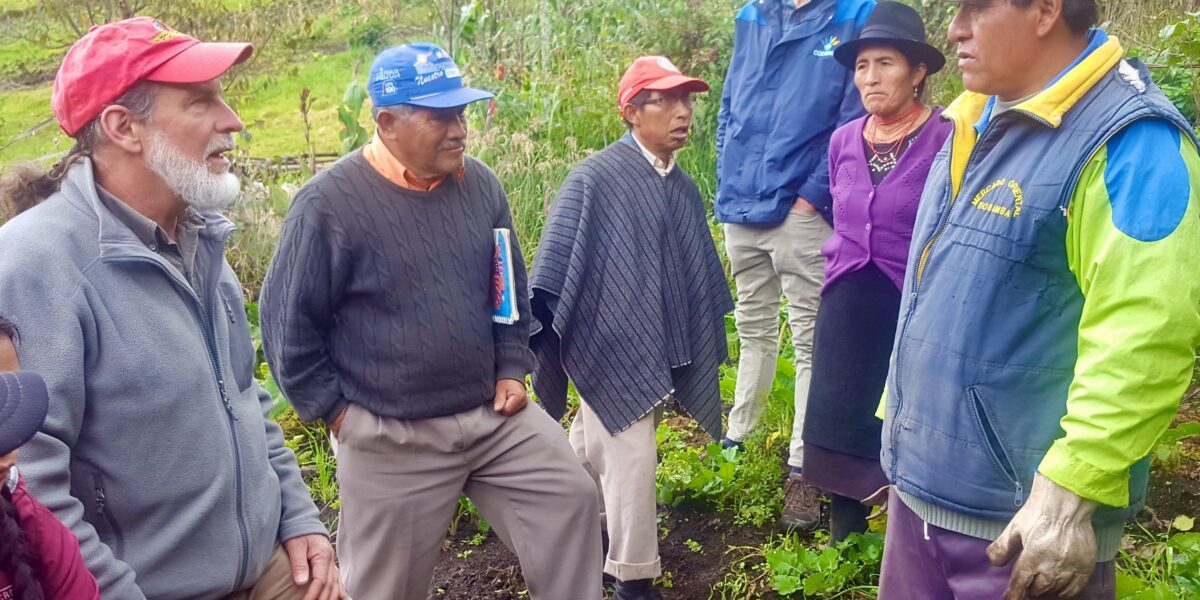Peter Wigginton serves with his wife, Delicia Bravo, as Ecuador partnership coordinators while also sharing his gifts in music, education, and church development with Ecuadorian partners.
In a 2014 article in Christianity Today, Andrea Palpant Dilley revisits a doctoral dissertation and research by Robert Woodberry. Woodberry does statistical analysis on the history of Protestant missions. He concludes that some countries became democratic especially because of the work of conversionary Protestant missionaries. On the contrary, other countries became dictatorships, or theocracies. Woodberry asserts that the work of these Protestant missionaries is key to how nations developed. The main premise for this, according to Woodberry, is that Protestant missionaries were usually not connected with any government. Instead, in many cases, the missionaries pushed against government authoritarianisms. Also, Protestant missions highly prioritized literacy and education in their missional work.
In the past couple decades, criticism has arisen toward former Protestant and Catholic missionaries. Many times, missionaries infused the gospel message with a colonial flavor. Yet Anabaptist ideas of mission have often differed from this practice, a subject discussed by myself and Julián Guamán, indigenous Mennonite church leader and scholar, during a podcast of Merienda Menonita. We dialogued about how Anabaptist ideas of mission have often differed from other types of church missions. Guamán pointed out that many missions have come from the perspective of Jesus Christ bringing "civilization." Whereas the Mennonite Church mission focused on accompaniment — "that we are brothers and sisters in the same way or path to God."
Also discussed was the ministry of Henry Klassen, an Anabaptist missionary who worked with Gospel Missionary Union in central Ecuador 1953-1993. Guamán said he didn’t believe a connection exists between Klassen’s work and the indigenous national uprising in the 1990s in Ecuador. However, he does believe that Klassen’s work in the central part of the country that has an indigenous majority established more social historical awareness; this led to greater social capital. For example, Klassen established schools, an evangelical indigenous church association and other projects. His initiatives sparked indigenous communities to support one another in new ways that shone lights on oppressive systems. Years later, these indigenous people joined other sectors in the large indigenous protests that overturned several national governments. These protests sparked repercussions in the indigenous uprising of 2019.
We continue to focus our work in Ecuador with this Anabaptist sense of accompaniment and empowerment. We walk alongside our brothers and sisters in the indigenous and Spanish-speaking churches. We are building bridges by strengthening social connections and relationships. We strive to make sure the revolutionary message of Christ shines through in cases where free nations have flourished, and in places where justice might still be lacking.








